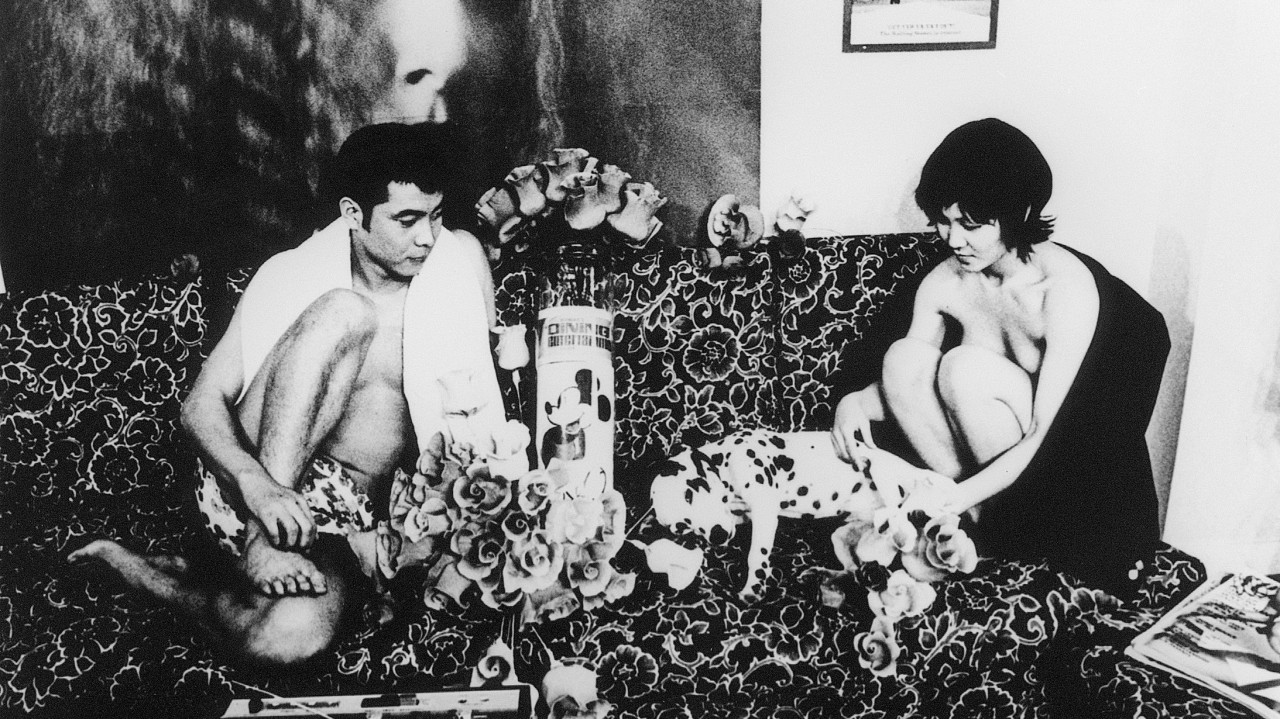
Shuji Terayama, Emperor of the Underground
Poet, playwright, novelist, photographer, sports critic, filmmaker and cultural agent provocateur Shuji Terayama (1935-1983) was among the most broadly influential and innovative figures active in the post-WWII Japanese avant-garde. Throughout his all-too-brief but astonishingly prolific and multifaceted career, Terayama deliberately confused boundaries between high and low, between history and myth, while working inventively across different media. Terayama’s intermingling of theater, film and photography was an especially important inspiration for his visionary art practice. Beginning with his precocious and often controversial engagement with traditional tanka poetry as a mere teen, Terayama held tight to his belief that genuine artistic creativity was rooted in the act of shattering molds in order to cast them anew. Cinema was a source of fascination for Terayama ever since the childhood days and nights spent in his uncle’s cinema in remote Aomori Prefecture. Casablanca remained a talismanic favorite, cryptically cited throughout his poetry and multimedia practice, appropriated and reinvented in a similar manner as the work of Jean Cocteau and Luis Buñuel. The early death of Terayama’s father would cast a long shadow across his films, art and writing, which are haunted by absent or ambiguous figures of authority. By extension, the questioning of masculine authority that informs so much of Terayama’s art found especially rich expression in his films and their frequently radical destabilization of meaning. Among Terayama’s best known film is Emperor Tomato Ketchup, a mesmerizing fever dream that follows the strange adventures of a child king wandering through his anarchic kingdom and encountering costumed women who worship and, most controversially, erotically frolic with their boy-ruler. Often compared to Jack Smith’s Flaming Creatures (1963), Terayama’s film showcases the kind of transgressive performance central both to his cinema and his work as founder of the radical Tenjo Sajiki theater troupe, while also making clear the call for dissent and even revolution that resounds across all of Terayama’s films, perhaps most explicitly in his play, later adapted into a celebrated feature, Throw Away Your Books, Rally in the Streets.
Difficult to summarize, the many different facets and strands of Terayama’s remarkable career are best appreciated in the films that are today finally receiving the wider recognition they deserve, thanks in part to the preservation work of the National Film Center in Tokyo as well as a wave of important new scholarship exploring his cinema and career. This retrospective gathers and presents, for the first time in the US, all of Terayama’s pioneering short films together with his feature films, while also inviting Terayama collaborator and expert Henrikku Morisaki to enact two of Terayama’s cinema performance pieces. – Haden Guest


















